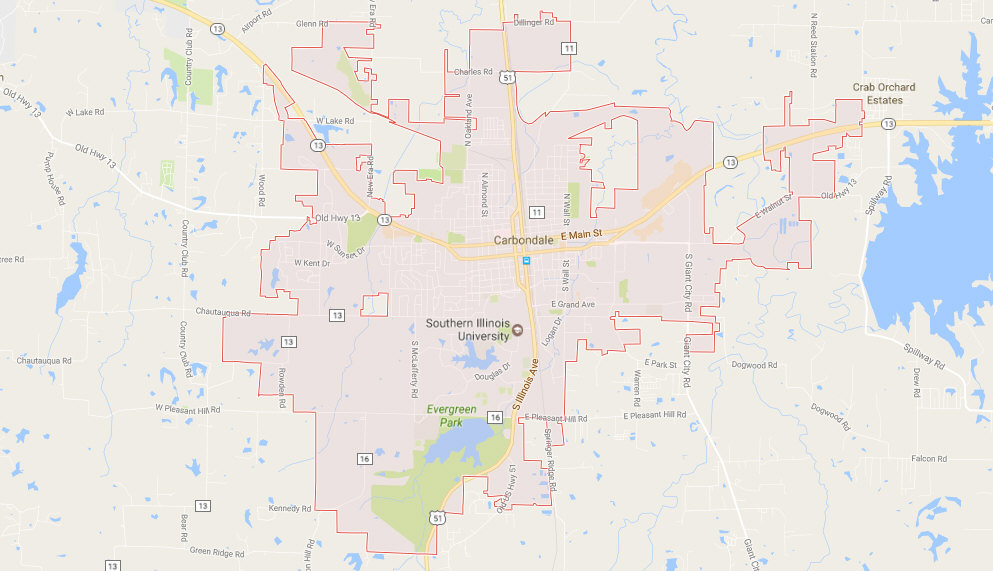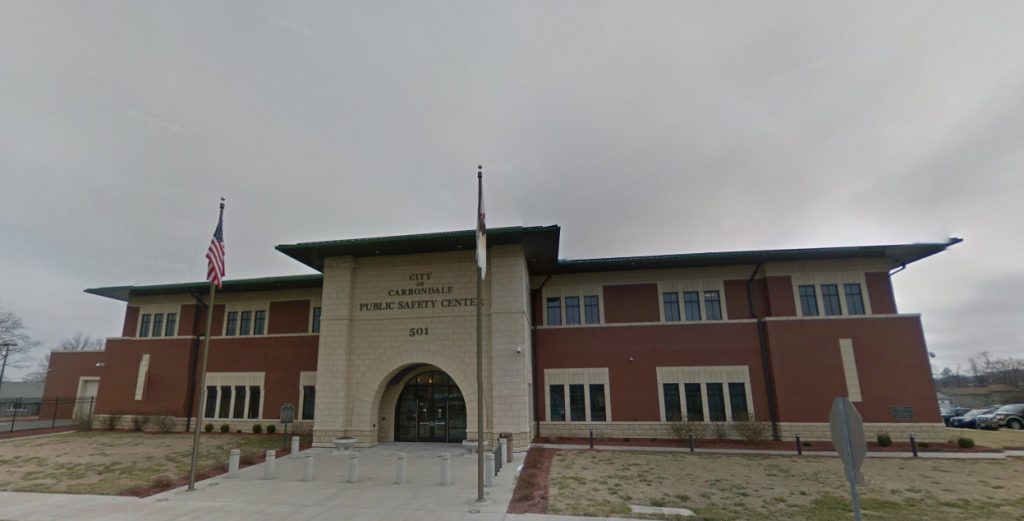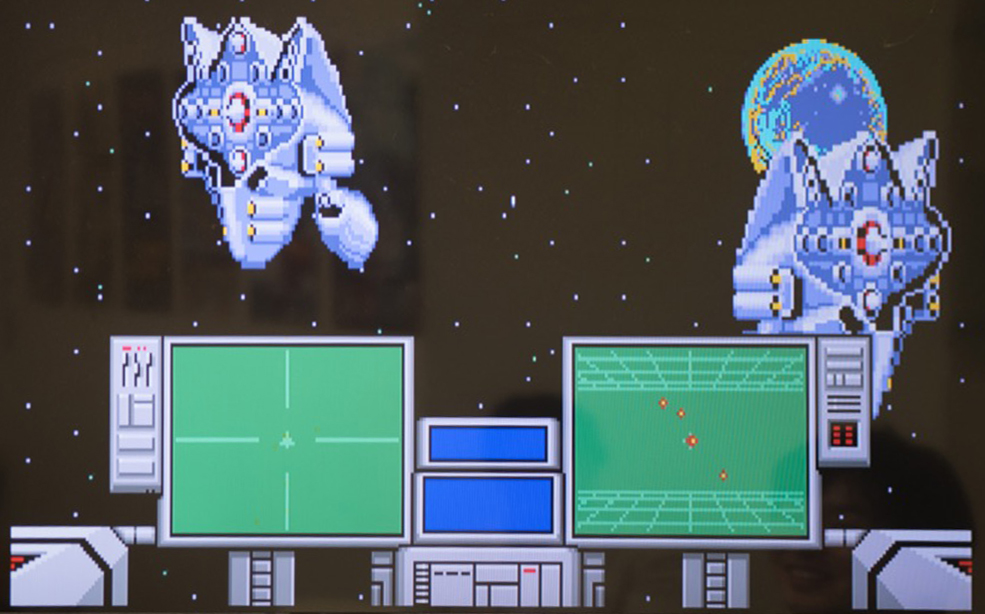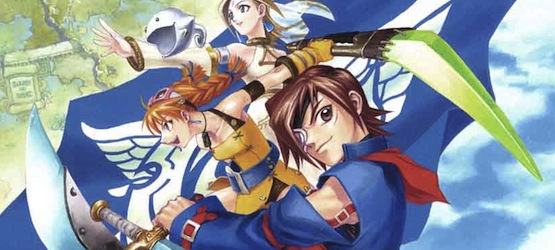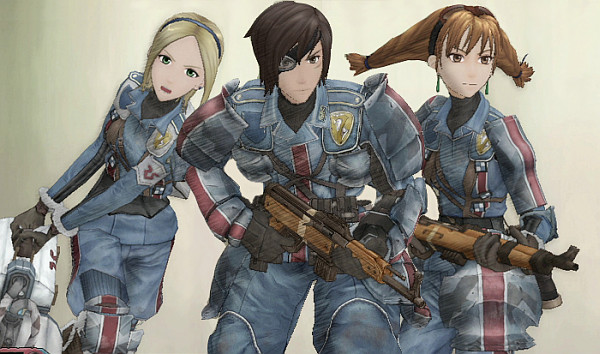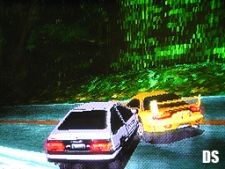Project Carbondale is a cancelled survival horror game that was being development by SEGA in 2003 for Xbox and Playstation 2. While the game was never officially announced, the public found out about its development thanks to a few articles published online by various websites, including The Southern Illinoisan, in which they wrote about Sega employees exploring the city of Carbondale (Illinois) to take inspiration and capture reference for the project.
“CARBONDALE – Aliens have landed in Carbondale and they are killing anything that moves. Your natural instinct is to flee, but a severe mid-winter blizzard has cut off all hopes of escape. Quick! Grab a gun, a sledgehammer, a scythe, any weapon you can get your hands on. Your only hope for survival is to stand your ground and fight – in the mall, the old Carbondale high school, city hall, even the sewer system if you have to. This is a fight to the death and it’s going to be bloody.
The battle isn’t real, though. It’s one of the biggest video game releases of 2004 being developed by Sega. Thousands of people, maybe even millions, will be fighting to save Carbondale from alien beasties next year. “Initially Sega said ‘We want to place this game in a small town,'” said Cord Smith, product manager for Sega of America. “Initially they said an East Coast town, but they just wanted something that wasn’t the West Coast. (The Japanese game designers) are familiar with San Francisco and California culture, but to them, that’s not America. America is what’s between the two coasts.”
Smith is now spending nine days leading a team of eight game designers from Tokyo around key Carbondale locations, including University Mall, the old high school central campus, the police station, city hall, water treatment plant, local homes and apartments, and yes, even the sewer system. “They’re soaking all this in, with the biggest smiles on their faces,” Smith said. “They keep saying this is kind of what they imagined, but they’re blown away that everyone has a yard, everything’s beautiful, everything’s so lush and green.”
The game’s designer, Shinichi Ogasawara, says bringing the design team all the way from Tokyo to see the Midwest for themselves is the best way to create a realistic small-town environment. The team is shooting digital videotape and still photographs that will be used to provide the textures of the games’ three-dimensional environment. Some team members photographed close-ups of anything that could be interactive, such as light switches and the weights used by Carbondale firefighters. Other team members photographed walls, ceilings, floors and artwork hanging on walls.”
Shinichi Ogasawara had previously worked on many different light gun arcade games, such as “Gunblade NY: Special Air Assault Force”, “The Lost World: Jurassic Park” and “The Maze of the Kings”, but it seems this would have been his first console project.
At the time, Cord Smith was resigning from SEGA and about to join Ubisoft, but his sister was the acting City Attorney of Carbondale, and – through her many city contacts – he was able to grant unlimited access to many locations that could have been used in the game: the abandoned high school, hospital, shopping mall, fire station, police station (and armory and shooting range), water treatment plant, and even the underground waterways & sewer system. The team met in Illinois and toured together for multiple days at the various sites.
As far as we were able to gather, Carbondale was being developed for Playstation 2 and Xbox, but at that time, many devs were also looking into next-gen tech. We were told that the early prototype of Carbondale seemed to be on the PS2. Unfortunately it appears that this early prototype simply wasn’t of high enough quality to receive the green-light for its next milestone, but there is not enough info available to know exactly what happened to the game, and additional details about its gameplay mechanics are scarce.
It seems that the game was meant to be a traditional survival horror with moments of more “bombastic action”, potentially through the invasion of alien enemies. People who talked with Ogasawara at the time got the sense that they wanted it to be SEGA’s answer to the Resident Evil franchise, featuring a much more realistic Western setting (hence the research), but also SEGA’s leanings towards action and arcade-like fun factor.
We were able to exchange a few emails with Cord, who shared a few memories about this lost game and their Carbondale exploration:
“One of my favorite locations was an abandoned high school. The city had built a new one and left the old in an eerie state, with lots of books, equipment, and other items left behind. We visited it at night, so it was as if a apocalyptic event had occurred and everyone evacuated in a hurry. In other words: perfect video game reference.
The mirrors behind the theater stage still had cosmetics nearby, the cafeteria had trays out on the tables, and textbooks were strewn about the classrooms. We split up into two teams, each with cameras and flashlights, and in one area I found a CPR dummy, which amounted to a dressed male mannequin torso. Without hesitation, I took it and returned to the main stairway near the school’s foyer. I could see the other team’s flashlights scanning the walls along the distant hallway, and faked a scream before sliding the torso along the floor towards them. As the seemingly severed body moved into the beams of their flashlights, the school erupted with the other groups’ terrified screams. And we laughed, and laughed. So much fun!”
We hope to be able to preserve more details and footage from the game in the future.
Thanks a lot to Mortimer for the contribution!
Images:

